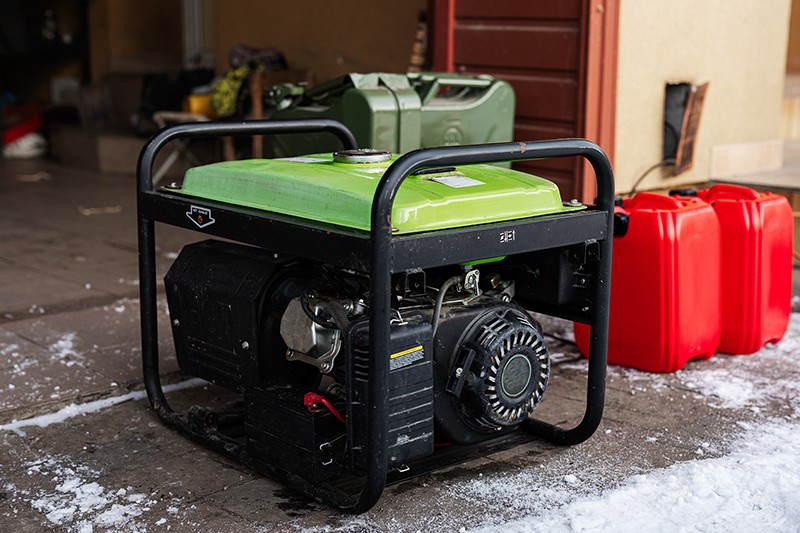Generator Safety Tips: Protecting Your Home and Family
When harsh weather rolls through Georgia, having a generator can be a lifesaver. However, it's essential to use it safely to protect your home and family. At H&H Electric and Security, we want to ensure you are well-prepared for any power outage and safe when using any generator. Here are a few important safety practices you can follow when using your generator.
Educate Yourself and Your Family
Before operating your generator, take the time to read the manufacturer's manual. Understanding the specific features and safety precautions for the generator you own will help you operate it correctly. Make sure all family members understand how to safely operate the generator. Create a family emergency plan that includes generator use and ensure everyone knows how to access and use it if they need to.
Keep Outdoors
Never operate a generator indoors or in an enclosed space, including garages or basements. Generators emit carbon monoxide, a colorless, odorless gas that can be deadly. Always place your generator at least 20 feet away from your home and away from windows and vents.
Use Ground Fault Circuit Interrupters (GFCIs)
For added protection, plug your generator into a GFCI outlet. These devices can help prevent electrical shock by cutting off power if a ground fault is detected, making your generator much safer to use.
Avoid Overloading
Only use appliances that are necessary during a power outage. Refer back to your generator's manual to understand its capacity and avoid plugging in too many devices. Overloading can cause overheating and damage to your generator or property.
Fuel Storage
Store fuel for your generator in a safe, cool, and well-ventilated area, away from living spaces and heat sources. Use approved containers and keep them tightly sealed to prevent leaks and evaporation. Always follow local regulations regarding fuel storage.
Proper Usage
Always start your generator before plugging in appliances. After the generator has warmed up, gradually connect appliances. When you're done using the generator, unplug all devices before turning it off. This helps prevent power surges that could damage your appliances.
Install Carbon Monoxide Detectors
Install carbon monoxide detectors in your home, especially near sleeping areas. Test them regularly to ensure they are functioning correctly. This added layer of safety can alert you to dangerous levels of carbon monoxide.
Use Extension Cords Properly
If using extension cords, ensure they are rated for the load you're putting on them and are grounded. Check for damage before use, and never run cords through water or standing puddles.
Keep Up with Maintenance
Regular maintenance ensures your generator will operate safely and efficiently. Check the oil level, clean or replace the air filter, and inspect the spark plug. Make sure to run your generator periodically to keep it in good working condition.
Generators are a valuable asset during power outages, but safety should always come first. By following these safety tips, you can protect your home and family while enjoying the benefits of your generator. At H&H Electric and Security, we're here to help with any questions about generator installation, maintenance, or safety. Stay safe and be prepared!
When you subscribe to the blog, we will send you an e-mail when there are new updates on the site so you wouldn't miss them.

